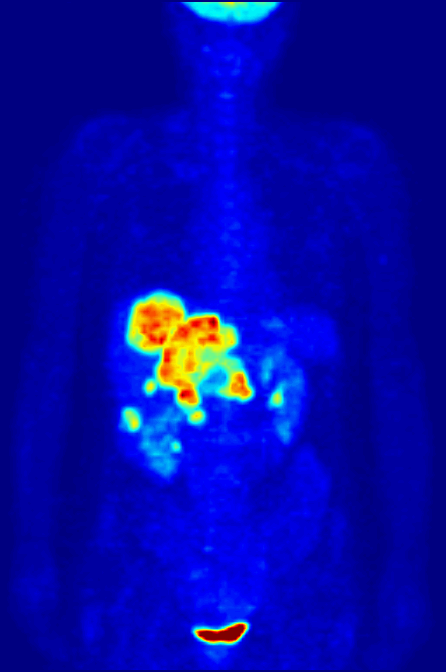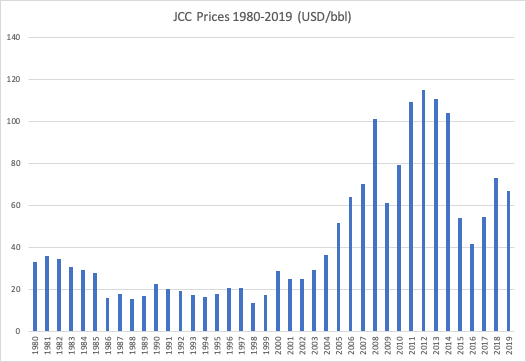Irish High Court Ruling on Skyr Case Reinforces Branding Protections

In a significant ruling that underscores the importance of brand differentiation in the competitive landscape of fast-moving consumer goods, the Irish High Court recently granted a temporary injunction to Yoplait, the manufacturer of a popular Skyr yogurt product. This decision, made on June 18, 2025, prevents Nutricia from selling its similar Skyr yogurt products in Ireland, thereby addressing concerns over potential consumer confusion stemming from the visual similarities in packaging and branding.
The case centers on the visual presentation of Nutricia's Skyr yogurts, which Yoplait contended closely resembled its own products, particularly in their distinctive blue color scheme and minimalistic design. According to Jane Bourke, Senior Associate at Pinsent Masons, the ruling is pivotal for brand protection and intellectual property law in Ireland, as it highlights how courts interpret disputes regarding visual branding. "Packaging and branding are often critical to consumer recognition and loyalty," said Bourke, indicating that the court's decision reinforces the need for businesses to ensure their branding is distinct from competitors.
The court's ruling was influenced by the 'Merck test', which was established by the Irish Supreme Court in 2019. This test allows for a more flexible assessment of the balance of convenience in granting injunctions, moving beyond the traditional criteria set forth in the 1983 Campus Oil case. The Merck test considers factors such as the potential difficulty in calculating damages and the seriousness of the issue at hand. The High Court found that Yoplait had raised a credible concern about possible consumer confusion that warranted immediate action to protect its brand and maintain consumer trust.
In its argument, Yoplait asserted that the similarities between its product and Nutricia's could mislead consumers into thinking the two brands were affiliated. This concern is particularly pertinent in markets where brand loyalty is closely tied to visual identity. The court's decision to grant the injunction reflects a growing judicial acknowledgment of the nuances involved in branding disputes in a crowded marketplace.
Experts in intellectual property law have expressed that this ruling may set a precedent for future cases involving branding and packaging similarities. Dr. Sarah Johnson, a Professor of Law at Trinity College Dublin, commented, "This case illustrates the courts' readiness to protect well-established brands against potential dilution and confusion in the marketplace, which is essential for maintaining competitive integrity."
The implications of this ruling extend beyond the immediate parties involved. As the marketplace evolves, the potential for brand dilution increases, particularly in sectors such as food and beverage where visual branding plays a crucial role. This case serves as a reminder for companies to evaluate their branding strategies carefully to avoid legal pitfalls, as well as to ensure compliance with established intellectual property laws.
Looking ahead, this ruling may encourage other companies to take a more proactive approach regarding brand protection, leading to increased litigation over packaging disputes in the food industry. As the competition intensifies, the necessity for distinct branding will become more pronounced, pushing companies to innovate in their packaging designs to safeguard their market positions.
The Irish High Court's decision in the Yoplait vs. Nutricia case signals a robust commitment to protecting intellectual property rights and upholding the principles of fair competition in the marketplace. As businesses navigate these legal landscapes, the importance of distinctive branding will remain a critical consideration for long-term success.
Advertisement
Tags
Advertisement





